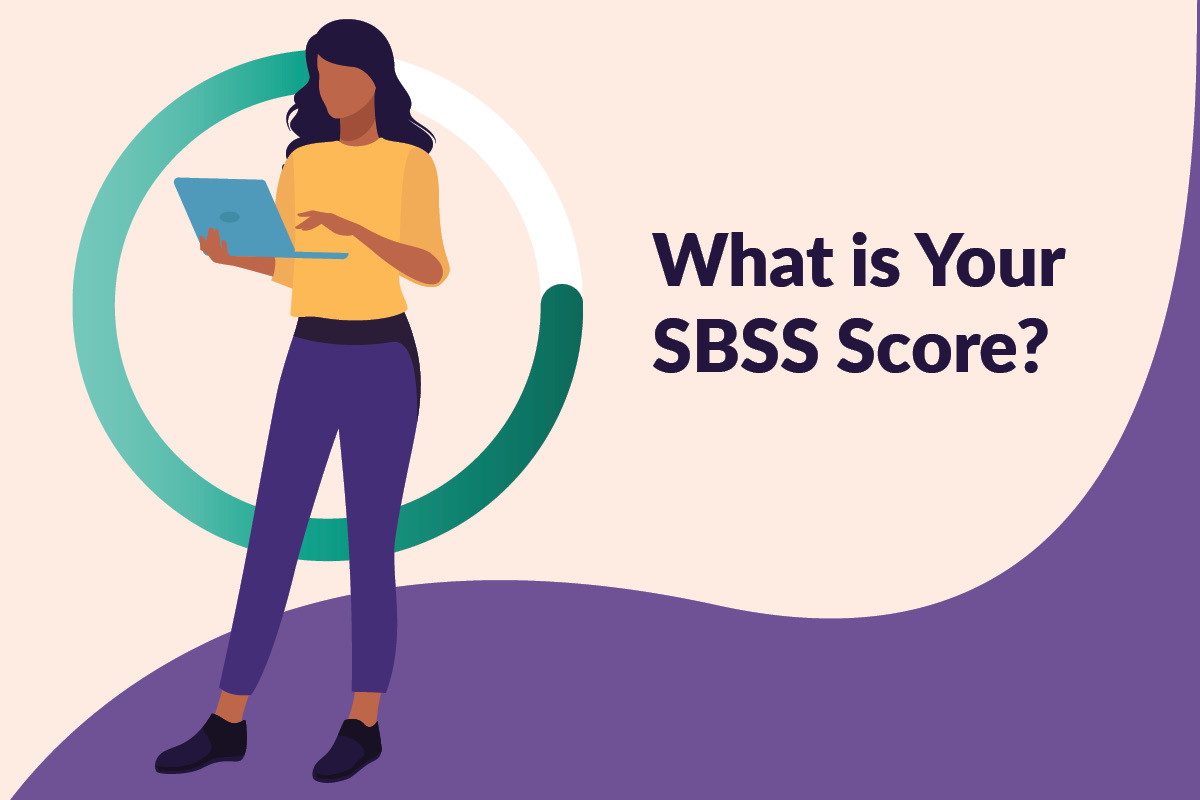When applying for funding, one of the best ways to set your small business up for success is knowing the factors that lenders consider. You can probably anticipate certain parts of your application, like your credit score or your business’s annual revenue, but some aspects aren’t as widely known. Your Small Business Scoring Service (SBSS) score might be one of these factors.
This is a credit score that exists only for small businesses. The U.S. Small Business Administration and SBA lenders use this score to help determine the level of risk associated with lending to businesses applying for products such as 7(a) loans. Scores range between 0 and 300, so the higher a business’s score is, the less risk is associated with lending to that business – and the more likely it is to be approved. Currently, the SBA requires a minimum score of 155, but individual lenders’ score requirements vary.
A business’s SBSS score takes into account:
- The personal credit score of the business owner(s) and the business’s credit score
- The industry in which the business operates
- The terms of the applicant’s loan request (including interest rate and loan amount)
- The business’s time in operation
- Liens and judgments against the business
Since the loan request terms are considered, a business’s SBSS score may change across different applications. For example, if a business asks for a different loan amount from two different lenders, those lenders will calculate different SBSS scores.
Because personal and business credit scores are part of the calculation, there are ways to increase your business’s SBSS score. Good credit history is a key element. A longer history of business credit and timely payments will result in a better score. A business’s SBSS score also may improve when its debt-to-income ratio decreases or its cash flow increases.
Improving your personal credit score by keeping your credit utilization below 30%, making timely payments, and avoiding unnecessary accounts can also increase your business’s SBSS score.
Factors such as cash flow, debt levels, and revenue stability can also make a difference, so keep your financial statements such as balance sheets, income statements, and cash flow statements organized and updated.
Improving your business’s SBSS score can help you take charge of the financing process and make your small business stand out as a strong borrower.

